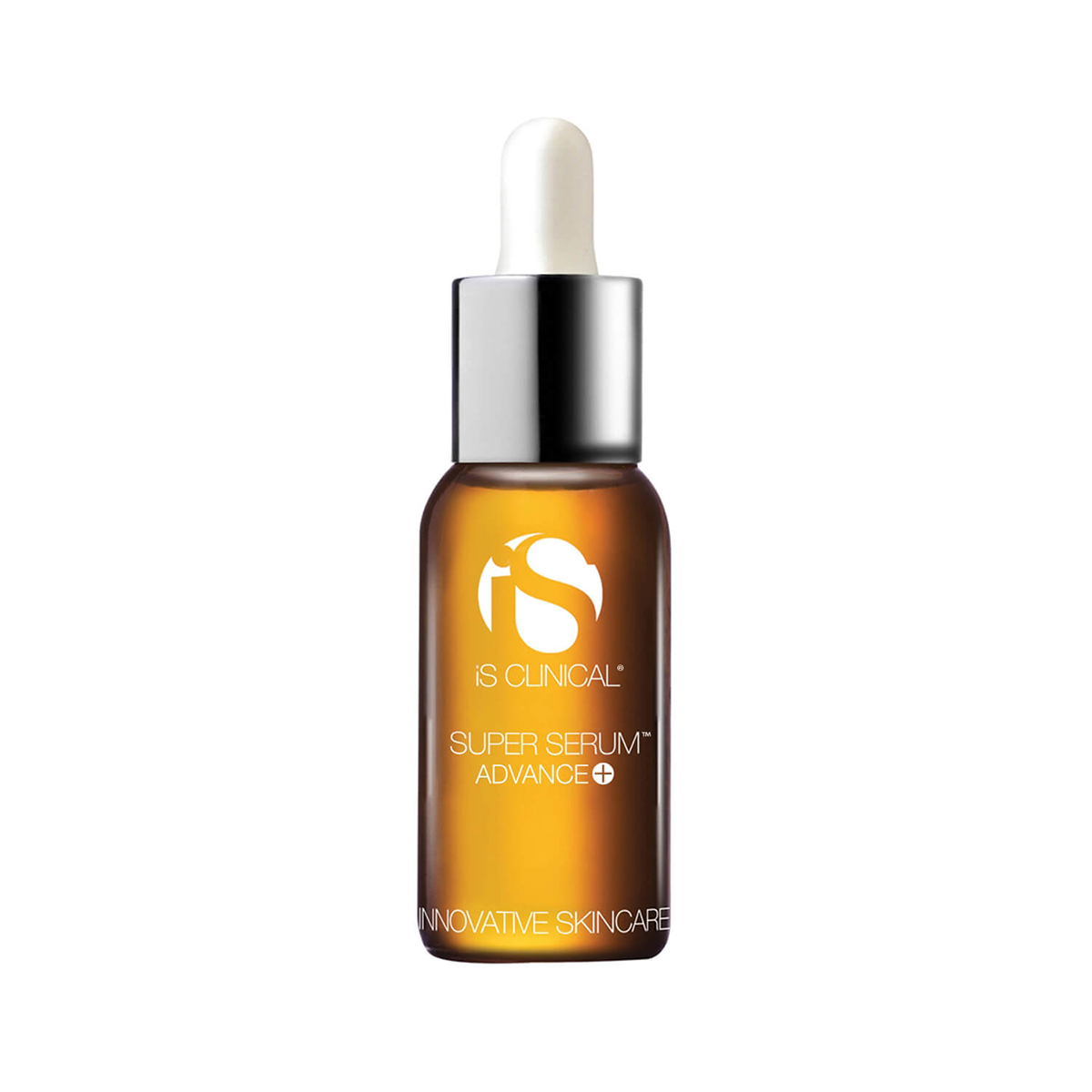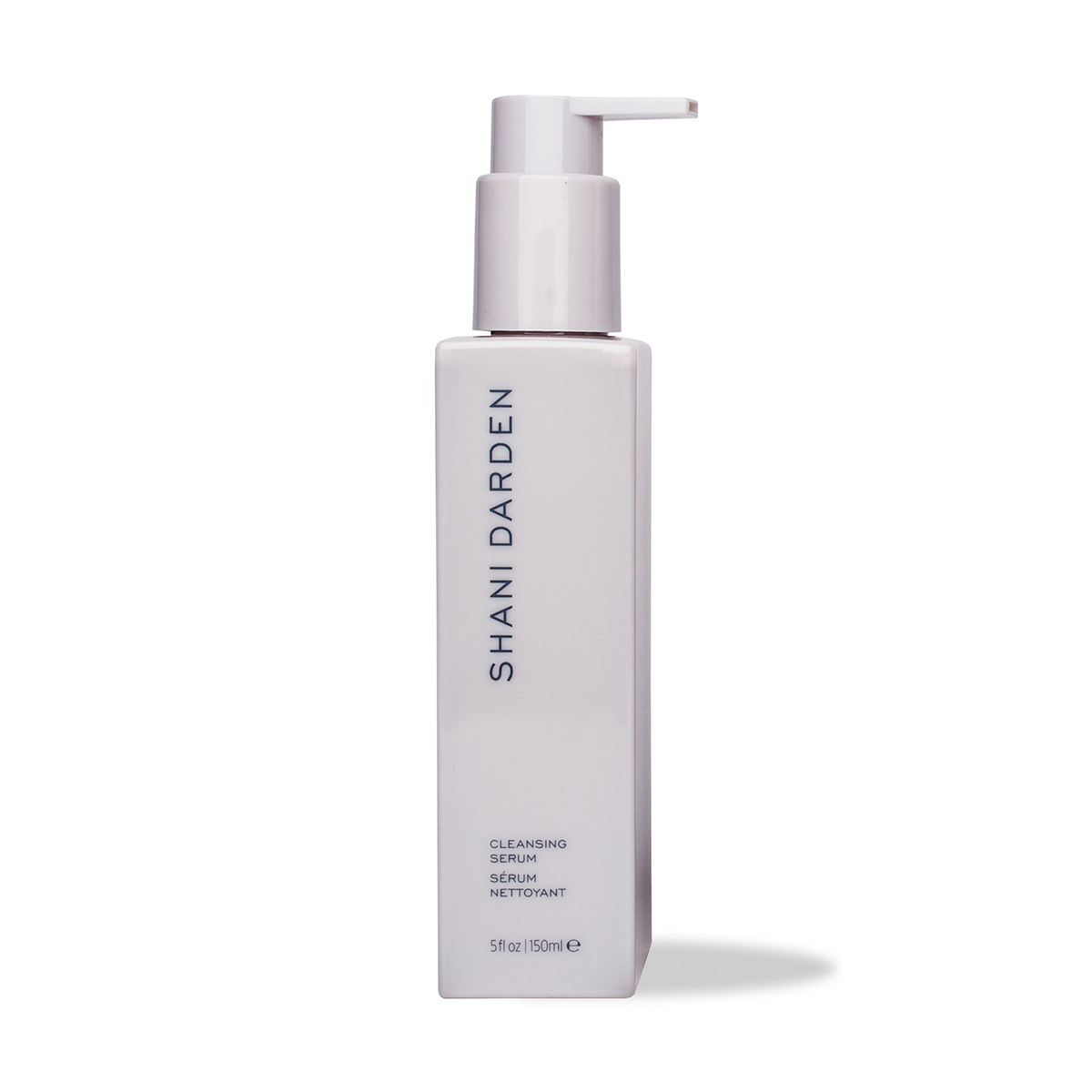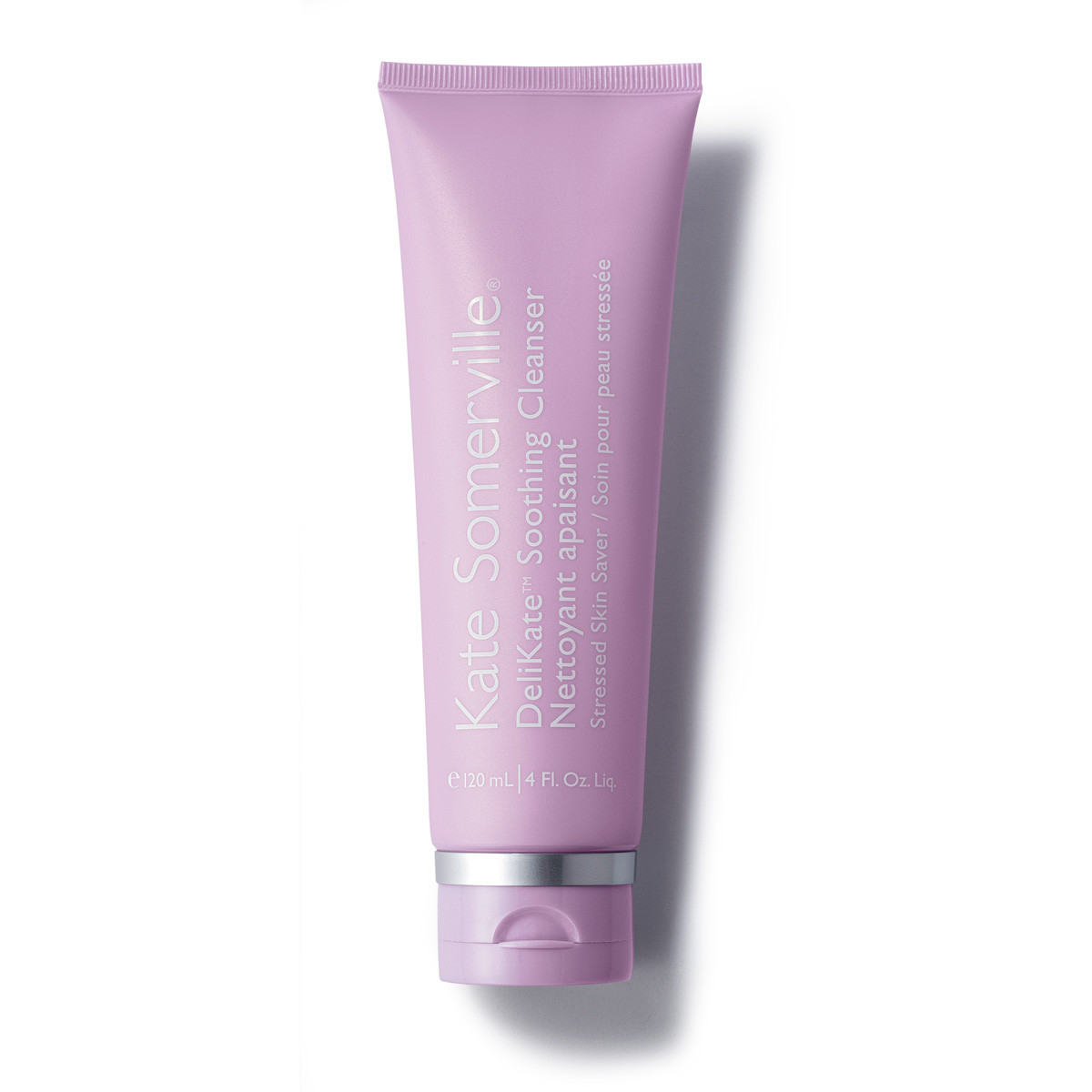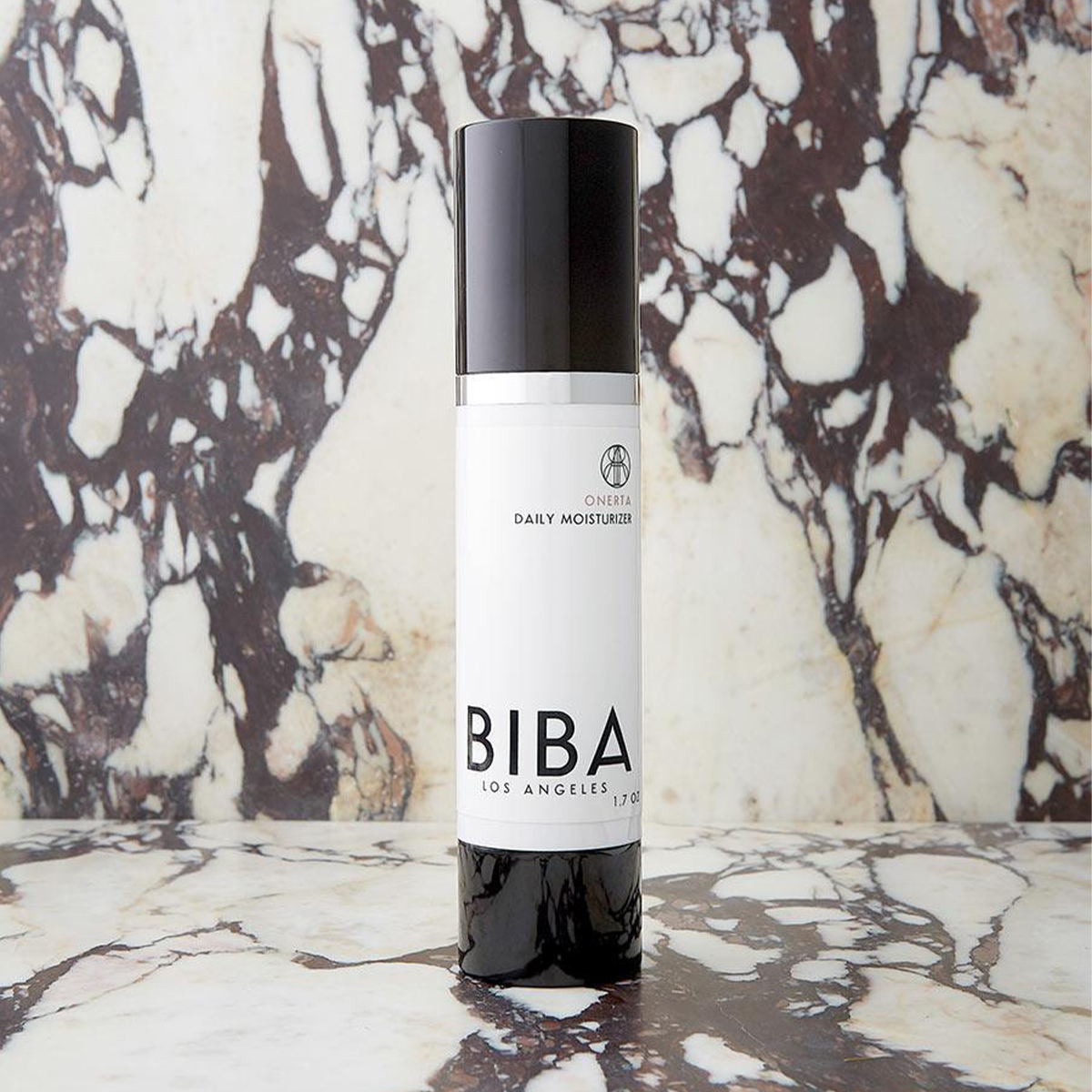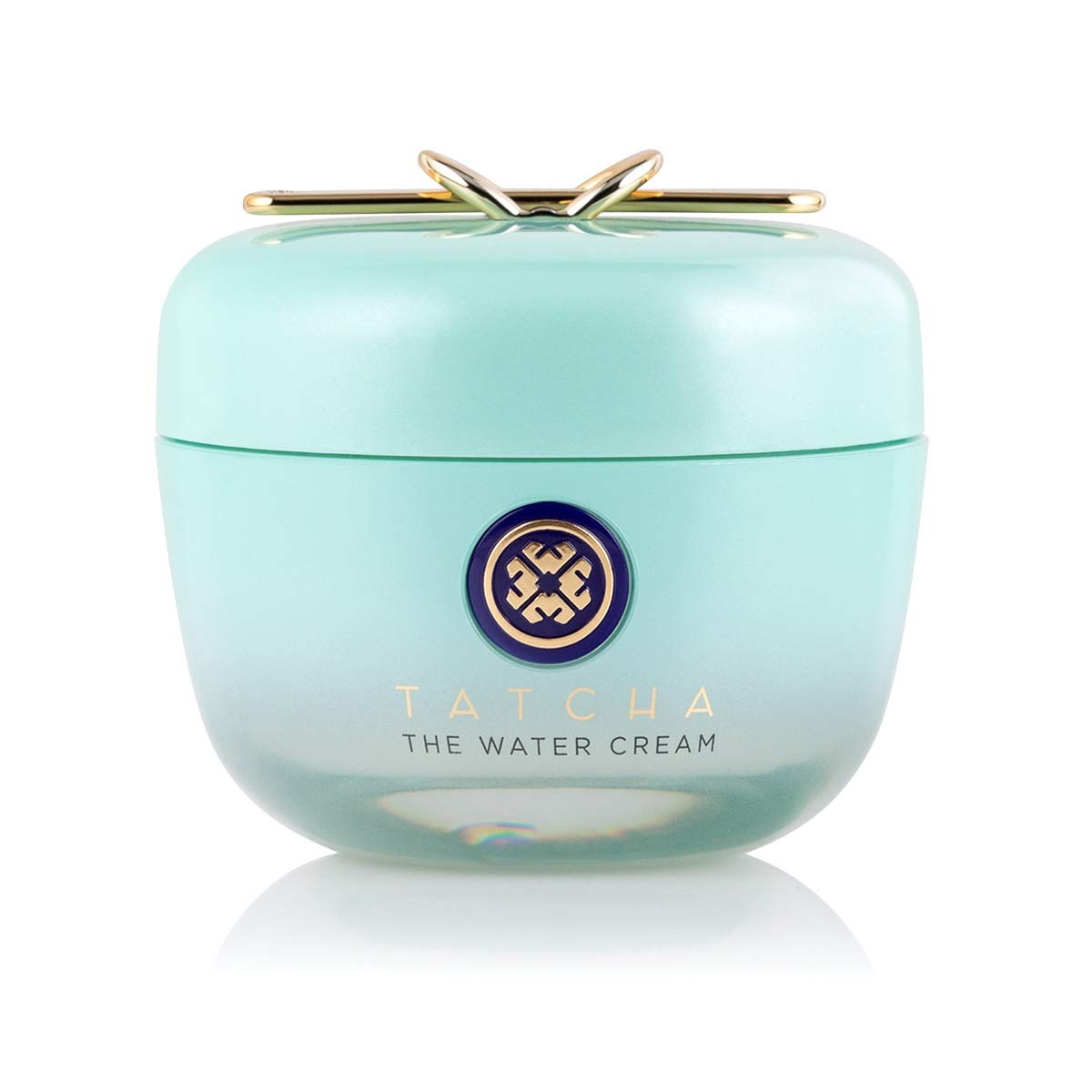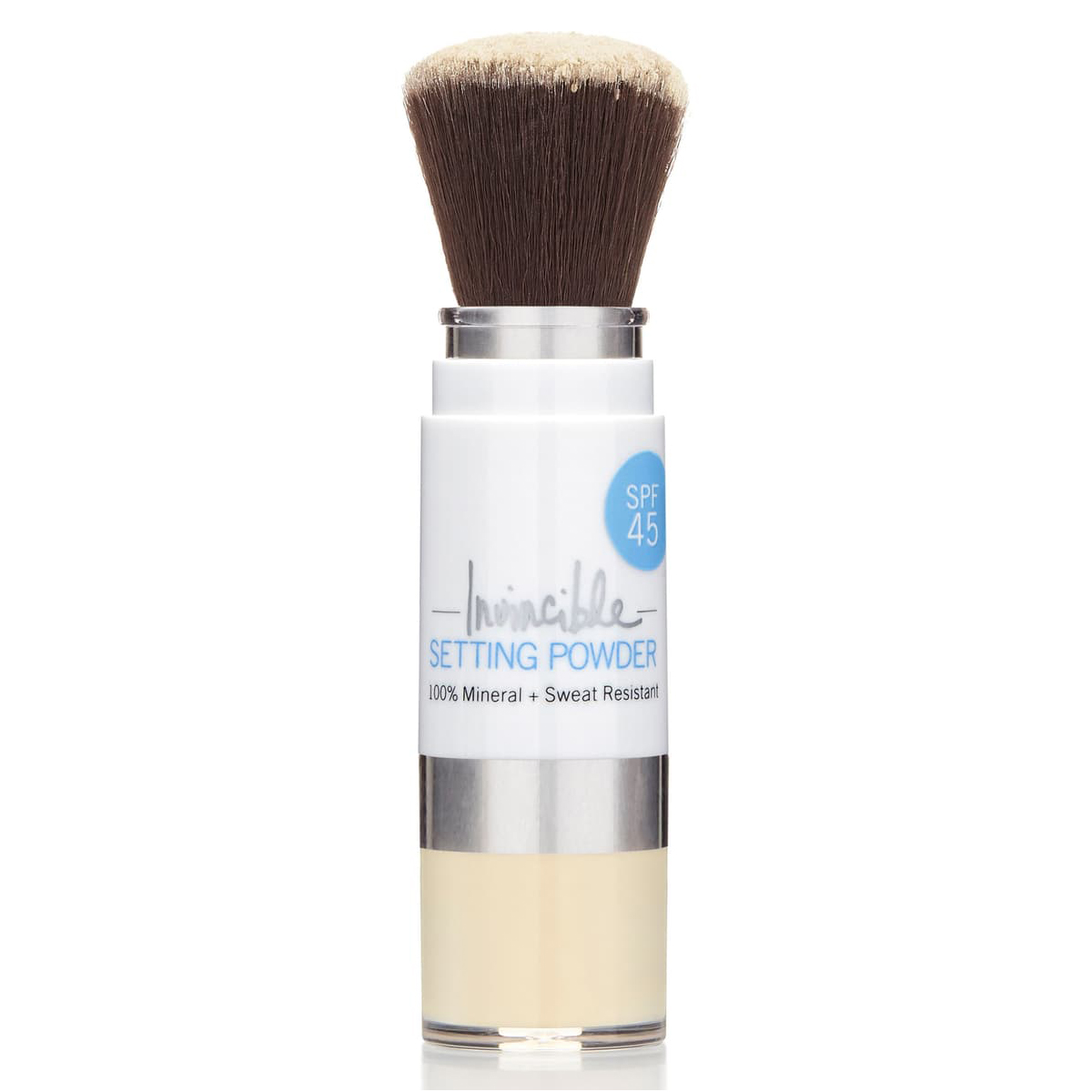2 of the Most Popular Skincare Ingredients Wreaked Havoc on My Skin

Over my past few years as a beauty editor, I've picked up lots of hot tips. I've learned how to execute an expert-level facial at home; how to get the long, damage-free hair of my dreams; how to re-create my favorite red carpet makeup looks; and so much more. However, I would say the majority of beauty takeaways I've learned have been through trial, error, and lots of misguided attempts to do whatever everyone around me was doing—be it a celebrity, fellow beauty editor, facialist, influencer… basically anyone I looked up to, trusted, or wanted to emulate my aesthetic after. (I'm not above admitting this!) The catch? That rarely ever works, especially if we're talking skin.
Even though I knew I should know better, I didn't let that stop me from joining countless bandwagons, especially if said bandwagons promised clear, glowing, acne-free skin. However, after two of the most popular, holy-grail ingredients touted within the beauty industry left me completely inflamed and broken out, I finally had my "come to Jesus" moment and started to become much more discerning with what I was (or wasn't) ingesting or putting on top of my skin. Unfortunately, this meant cutting off the two aforementioned culprits that completely exacerbated my pimple-prone complexion: my beloved biotin supplements and vitamin C serums.
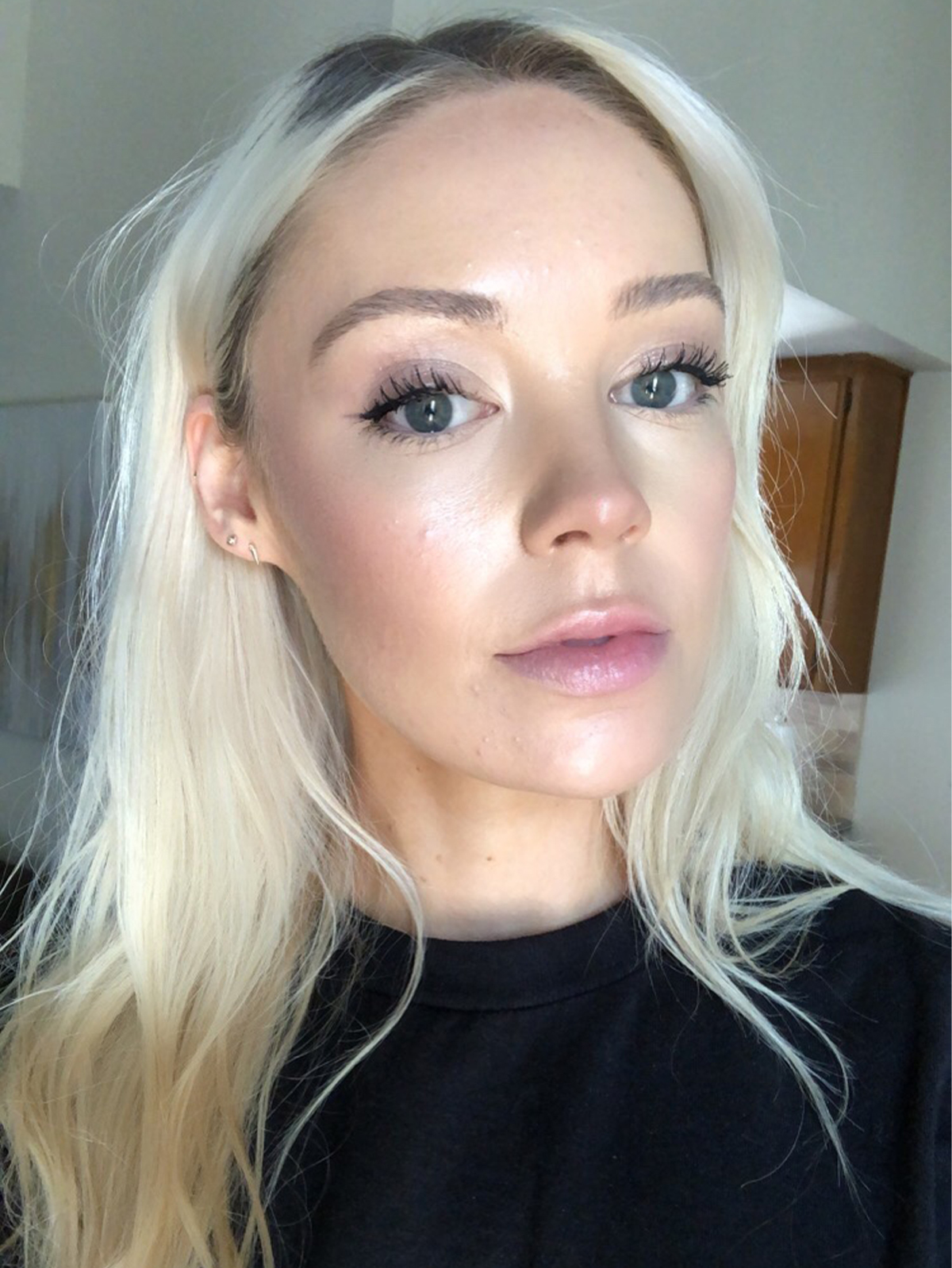
Interestingly, I had experimented with biotin when I was in college in hopes the supplement would Rapunzel-ize my severely damaged hair after an epic bleach disaster. But after noticing my skin was breaking out, I stopped the supplement cold turkey. Fast-forward to my present gig as a beauty editor, and I was taking biotin again without really realizing it. I had discovered Hum Nutrition's amazing hair gummies (which truly DID make my hair luscious) and was taking two per day. However, my skin had worsened, and no matter what I tried, nothing seemed to help. (Even my facialist at the time was stumped!) But then one day, I took a more careful glance at every single ingredient inside my dear gummies and noticed there was QUITE a lot of biotin. It jogged my memory, and I recalled biotin being problematic back in college. I had been taking these gummies for a few years, daily, and almost as soon as I stopped (sad day), I noticed my skin began to smooth out. Interesting, considering biotin is often commended as beneficial for hair, nails, and skin health.
But that wasn't the only casualty within my beauty lineup. Even though going off biotin had helped, my skin was still being stubborn. I have struggled with hormonal acne for a few years, but I couldn't shake the feeling that something I was (or wasn't) doing had worsened my skin. I had recently seen one of my absolute favorite skin experts in Los Angeles, Vanessa Lee, RN, and she had mentioned how vitamin C makes her break out. Hmmm, I thought to myself. Interesting. At the time, I wasn't using any vitamin C serums or skincare products with heavy doses of the ingredient, but a few months later, a number of facialists had suggested I start incorporating it into my routine.
I followed their recommendation, and BAM—my skin completely freaked out. However, since vitamin C boasts one of the most stellar reputations among the glowy-skin set, I refused to believe that it was really my vitamin C heavy products causing the sudden breakouts. I started experimenting, tried a number of different formulas and brands, and sadly realized that without fail (and no matter how great said formula or brand was) anything containing potent levels of vitamin C seemed to make my skin react almost instantaneously.

What's rather bizarre, however, is that no one ever seems to talk about these ingredients causing acne. Instead, vitamin C is touted as THE ultimate addition to your morning skincare routine, and biotin is the first supplement many of us think of when considering skin, hair, or nail health. So what gives? I decided to reach out to a range of experts including two of my most trusted facialists, a dermatologist, and a nutritionist to get their take on both ingredients and how they can impact our skin.
Of course, just because biotin and vitamin C don't work for me doesn't mean they won't work for you. The best thing you can do is pay attention to and listen to your skin and body, do your research, and consult experts you trust before trying something new. Oh, and giving this a quick skim as well! Keep scrolling for everything you need to know about vitamin C and biotin affecting your skin (for better or for worse).
Biotin
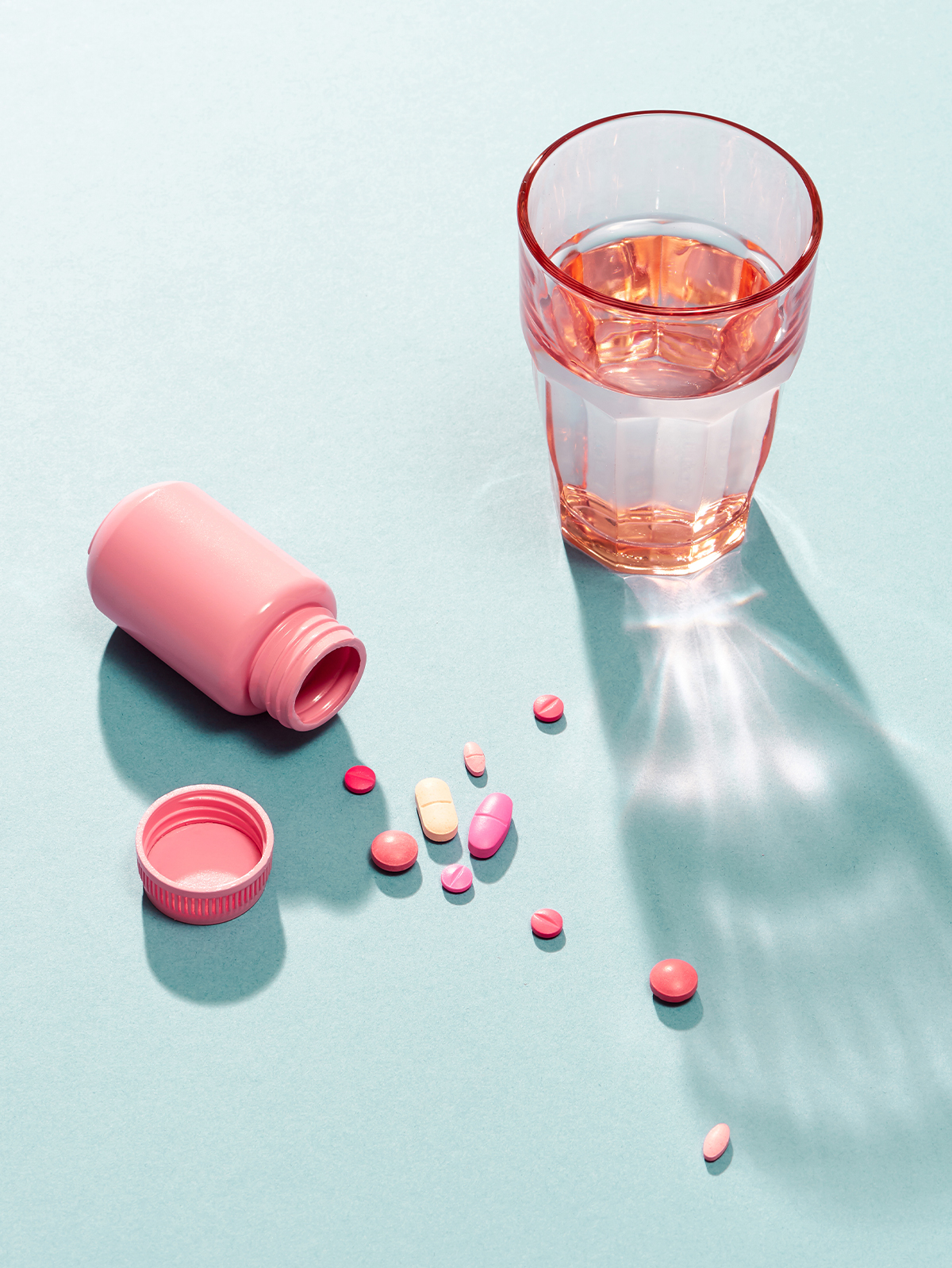
What my facialist says:

"Biotin is known to break people out, contrary to it being known to help people with glowing skin, hair growth, and nail growth," explains Vanessa Lee, RN. "However, it is a controversial topic since there are some medical studies showing the benefits of biotin, but there are many in my field who feel it can do more harm than good. Mainly, if you lack biotin, which can be manifested by brittle nails and thinning hair, then taking it may help you. However, an excess of this B vitamin can possibly cause acne and skin rashes. Use with discretion and listen to your body."
According to Lee, identifying your skin type and what kinds of products and treatments YOU respond well to is far more important than whatever is marketed as Wholesale Replica Bag skin craze or must-have product. "Just like your diet, the products you invest in should play to your needs. If you have normal to dry skin, focus on hydrating products instead of Wholesale Replica Bag new decongesting or stripping mask. Learn to become more intuitive to your skin needs. This will guide you in what your skin doesn't like and what it needs to thrive!"
What my dermatologist says:
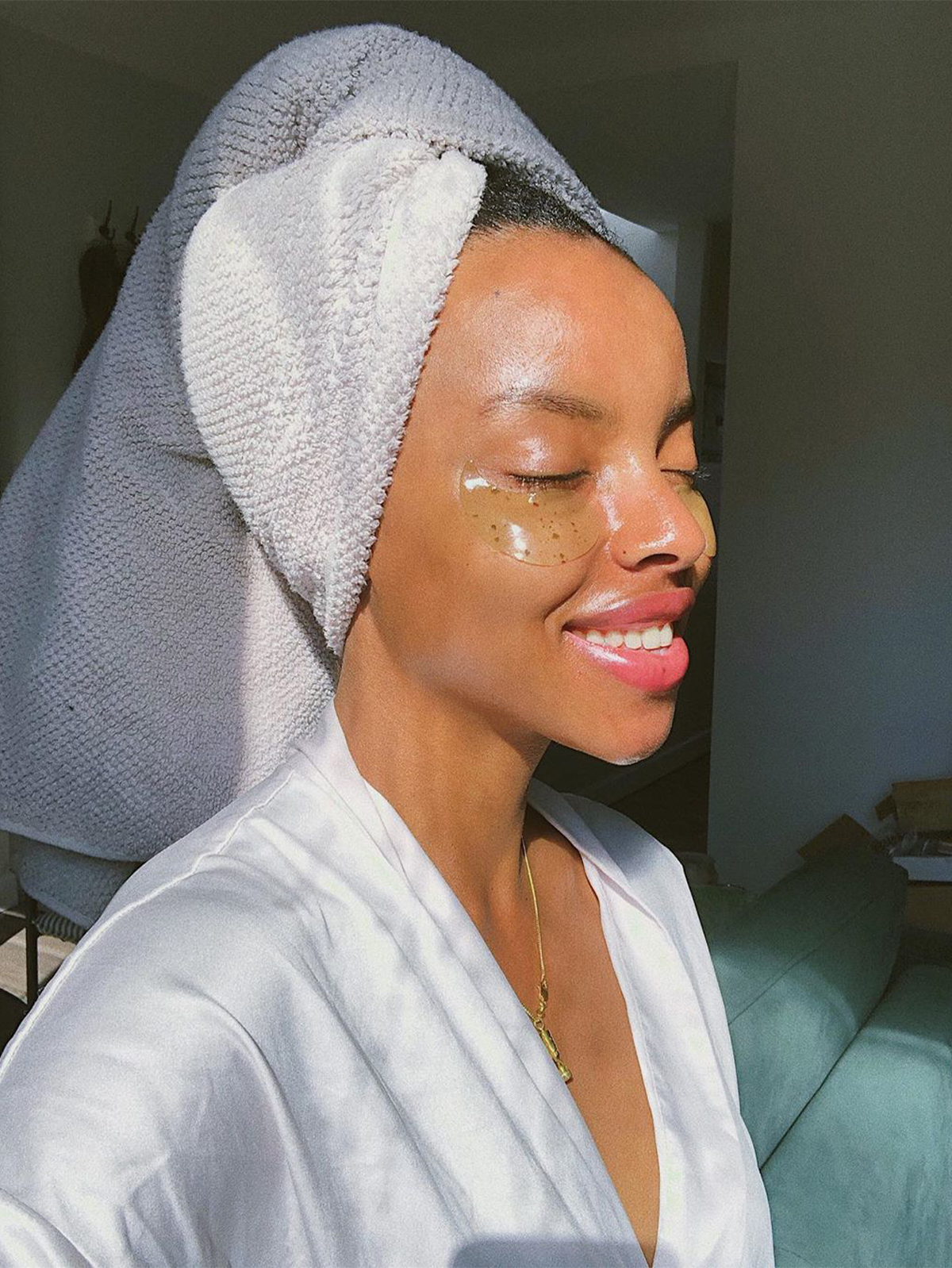
"I have had so many patients mention this," says board-certified dermatologist Jennifer Herrmann. "Although biotin deficiency can cause skin rashes, thin hair, and brittle nails, consuming more or an excess without a deficiency doesn’t offer benefits of fewer rashes, thicker hair, or firmer nails when we look at quality scientific studies. Interestingly, biotin shares an absorption receptor in the gut with pantothenic acid. Taking too much of either biotin or pantothenic acid can cause a deficiency in the other as absorption receptors are all bound by whatever vitamin is in excess. Because pantothenic acid is believed to be important for healthy functioning of the skin’s barrier, in theory, a deficiency of this acid may lead to skin barrier disruption which may impact acne/inflammation."
According to Herrmann, more studies need to be performed to better understand this connection, but this is one theorized explanation for why biotin can cause acne in certain cases.
What a nutritionist says:

"There are a couple of reasons that taking biotin can cause acne," confirms Sarah Koszyk, MA, RDN, co-founder and formulator of Mija. "First, we have to consider if there is an actual biotin deficiency. There is only a small group of people who are biotin deficient, and if you take biotin when you’re not deficient, the body's equilibrium is disturbed, and chemical processes are altered. Biotin and vitamin B5 are absorbed by the same receptors, and if there is too much biotin, the vitamin B5 won’t be adequately absorbed. Vitamin B5 helps to regulate the skin’s barrier function (including sebum production), so when excessive biotin is introduced, the vitamin B5 cannot be properly metabolized, the environment of your skin barrier is compromised, and you'll become more prone to breaking out."
While Koszyk says there is no consensus or recommended daily allowance/upper limit on how much biotin to take, the most common dose is 2.5 milligrams daily of biotin. However, since there is no regulation within the supplement industry, it’s always best to follow protocol and check with a dietitian or health professional to determine whether you need to take a specific supplement (like biotin) and what the best dosage would be.
"It's hard to say how much biotin is needed in order to trigger acne because there are so many factors to consider, like one’s sensitivity to the biotin-B5 equilibrium and also the individual’s keratin production levels," Koszyk continues. "Biotin is known as the hair-nails-skin supplement because it triggers keratin production, but many people with acne-prone skin actually already produce an abundance of keratin on their skin surface. Too much keratin can lead to hyperkeratosis, a thickening of the outer layer of skin, which can clog the pores, increase congestion, and result in more breakouts."
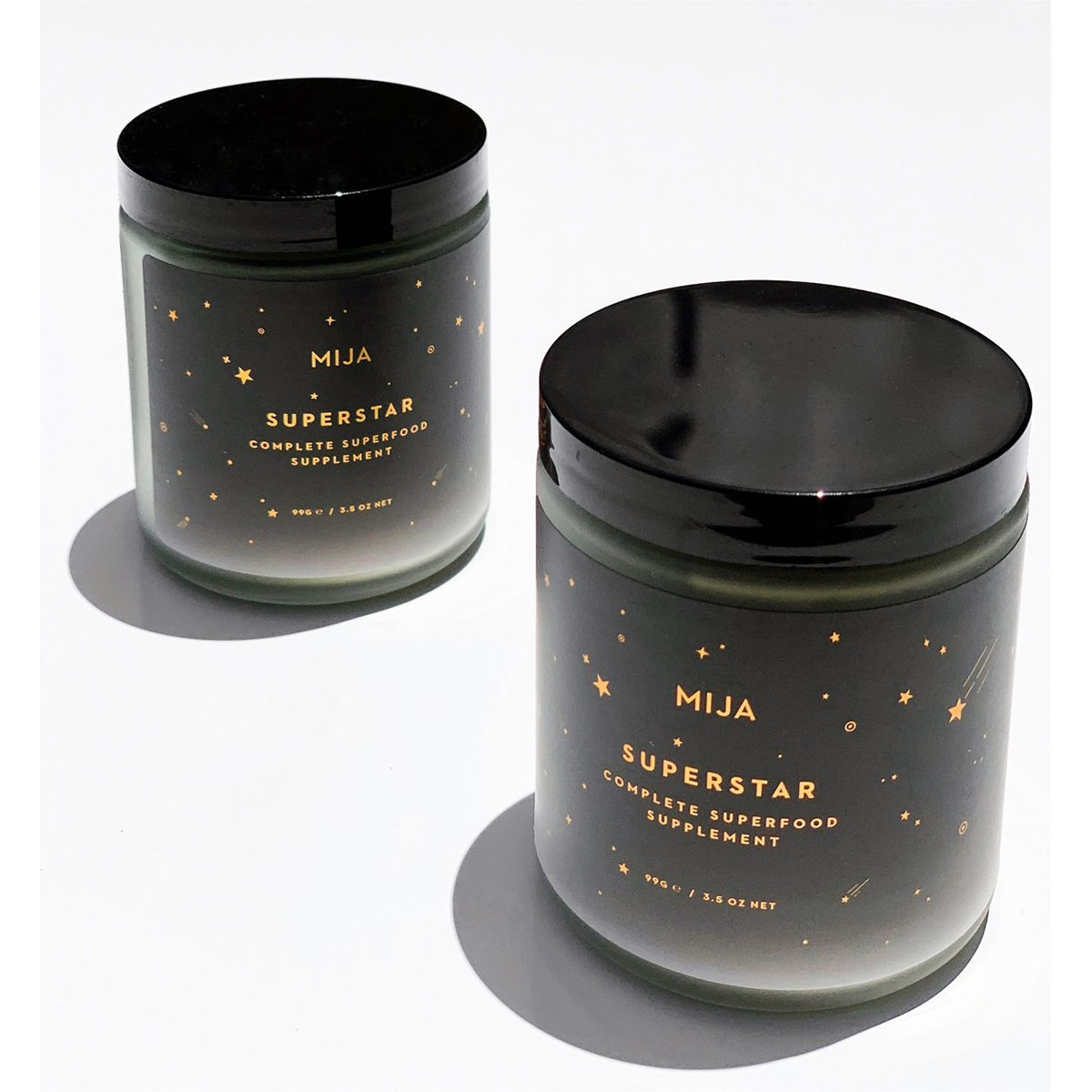
When I asked Koszyk if there are any other popular supplements on the market that can cause or worsen acne, she reiterated the importance of only taking the vitamins or supplements that your body really, truly needs. As she explained to me, even a "good" nutrient can still overload your system and cause adverse reactions like acne or inflammatory flare-ups if it's not needed.
"Many of my private clients would see me because they were taking supplements that weren’t a fit for their system," says Koszyk. "Because of this, when I was developing Superstar ($78), I only looked at universal data points of nutritional gaps and dietary shortfalls to create a safe and impactful wellness supplement. Superstar has specific ingredients in precise ratios that provide effective, clinical strength nutrients in an adaptogenic, well-balanced, universal formula with the best bioavailability."
Vitamin C
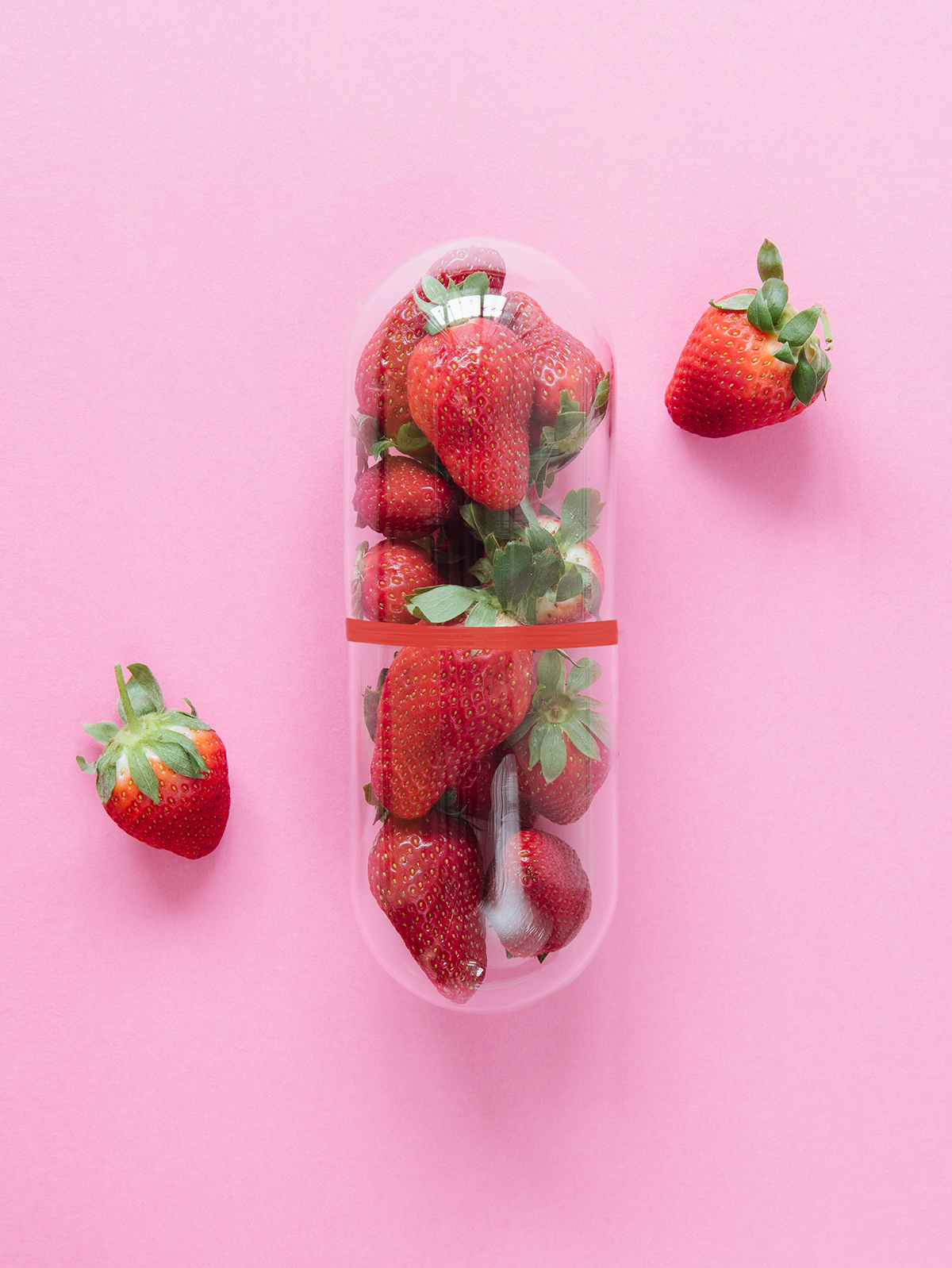
What my facialist says:
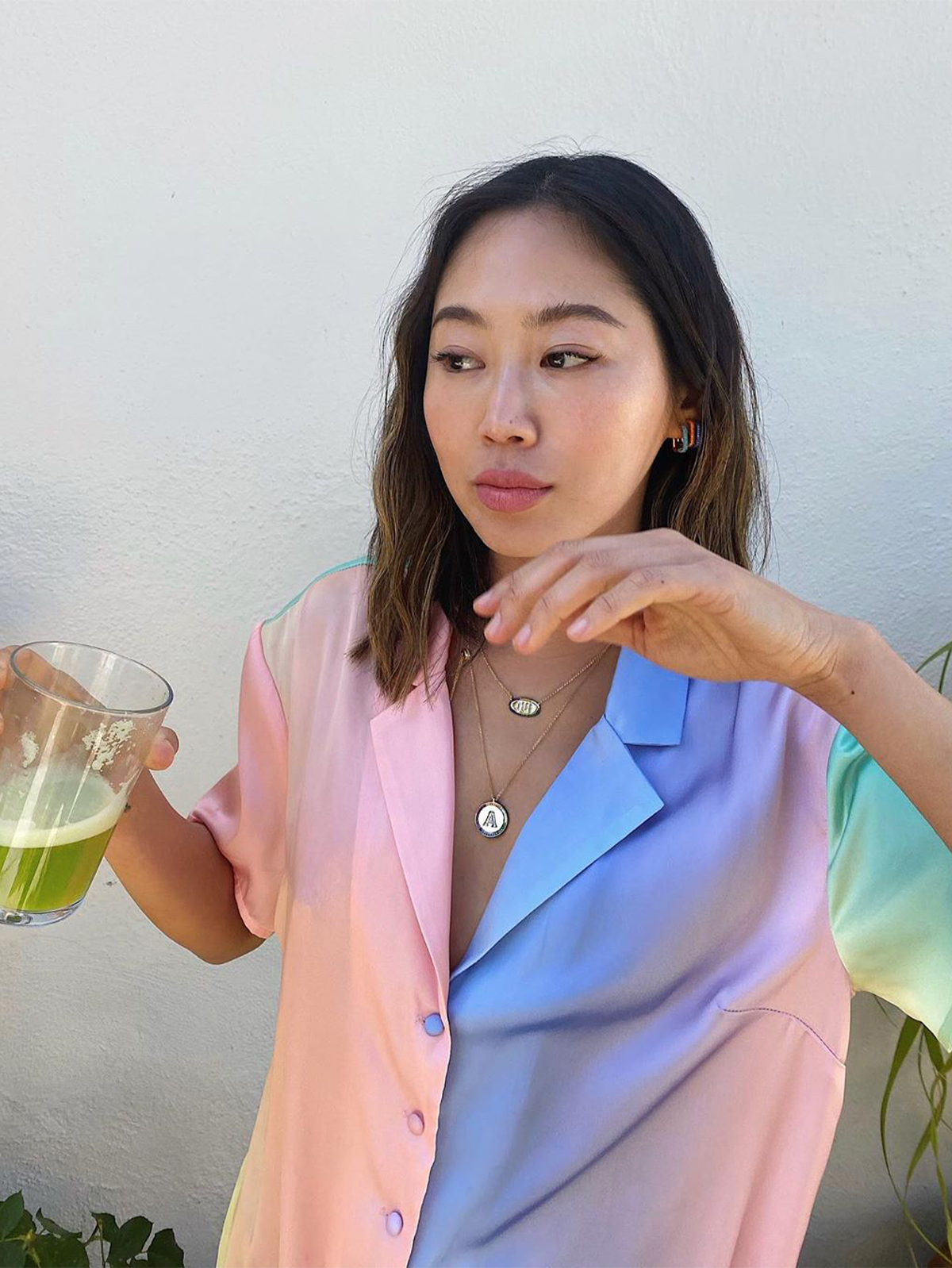
"Not everyone can tolerate using strong antioxidants, and although vitamin C is a dermatological powerhouse, some people can have a sensitivity to it," Lee explains. "The sensitivity can be due to a number of reasons.
"One, the vitamin C being used is not the most suitable type for the individual's skin, so the vitamin C itself isn't actually causing irritation or breakouts; it can be the solution holding the vitamin C. Two, the individual truly has a sensitivity to vitamin C (even though paradoxically, the antioxidant can be used for a lot of sensitive skin types). Three, certain vitamin C derivatives can be irritating for some, while others are not, i.e., L-ascorbic acid can be tolerated while ascorbyl-palmitate cannot. Four, the concentration of vitamin C is too high and can be irritating (concentrations above 10%). Five, if you are using alpha hydroxy acids and Retin-A, your skin may be overloaded with the addition of vitamin C."
In terms of identifying vitamin C as the culprit for a breakout, Lee says that if any time you use a vitamin C product, you break out multiple times afterward, then there is a good chance vitamin C is not for you. As she explains, the main reason vitamin C is recommended by so many skin experts is that it helps promote collagen and increases the skin's brightness. That said, if you're sensitive to vitamin C, she says you can achieve similar skin perks by using gentle retinol and products containing AHAs.
"Trying a lower concentration, or base of solution, or even trying a different form of vitamin C might do the trick, but the bottom line is that you don't have to feel pressure to use a product because it works for others. There are options for you and catering to your skin is always what's best."
What my dermatologist says:

"Concentrations of vitamin C in products vary tremendously ranging from less than 5% to greater 30%, and for those with sensitive skin, higher concentrations can cause irritation and redness," agrees Herrmann. "Plus, vitamin C is often combined with other antioxidants, including vitamin E (tocopherol). Even though the combination of C and E has been shown to have greater skin benefits than either vitamin alone, vitamin E is oil, so the combination can cause breakouts for people who have acne-prone skin."
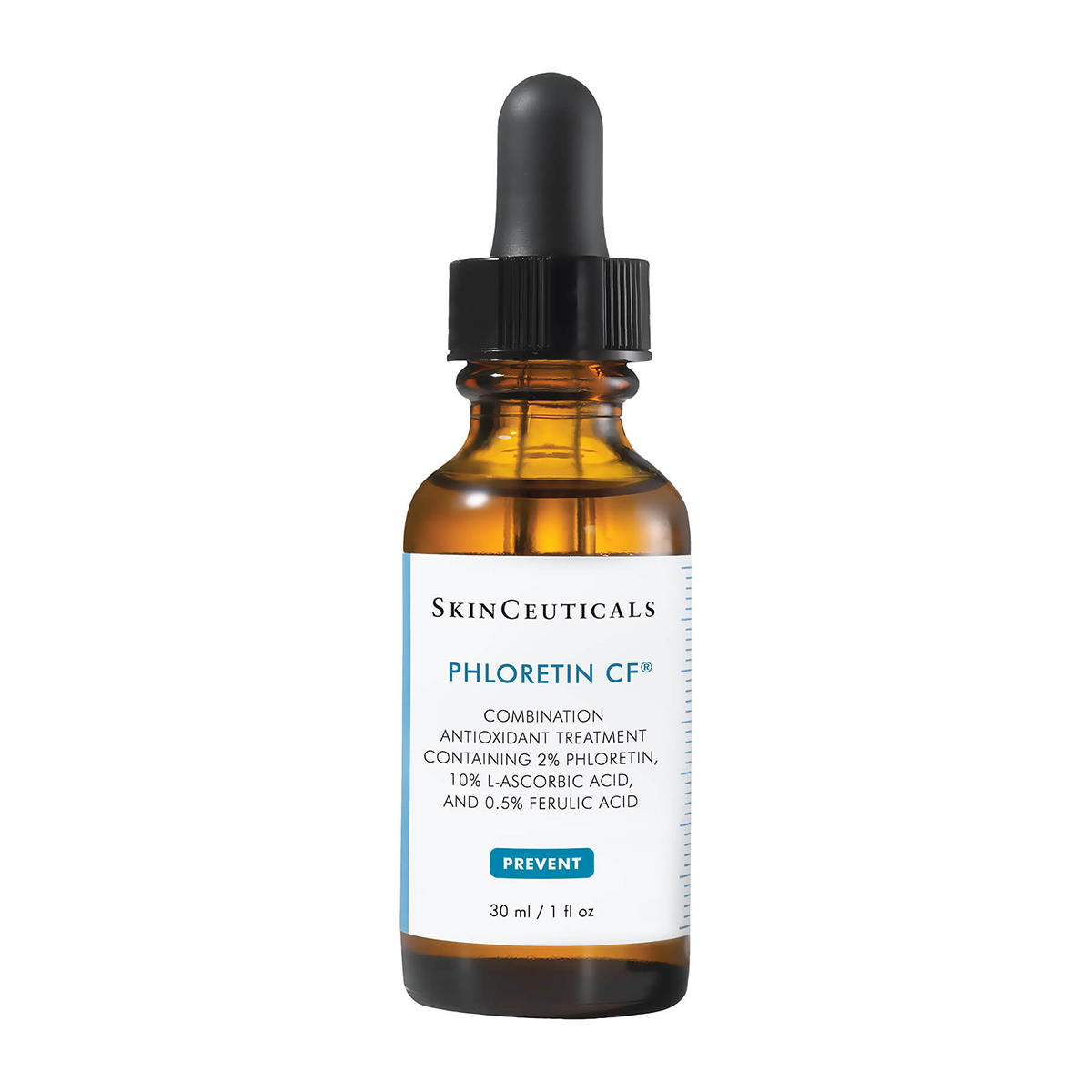
If you find your skin is more irritated (than broken out) after using vitamin C, Herrmann recommends using a lower concentration or choosing an alternative ingredient to help the skin concern you're trying to address. "If the goal is to lighten pigmentation, retinol or kojic acid may be helpful," explains Herrmann. "If the goal is to increase collagen protection, using a growth factor serum may be a good choice. Finally, if the goal is to protect your skin from the sun, using a topical with DNA repair enzymes is an excellent alternative. For those who break out, trying a product without vitamin E or other oils like SkinCeuticals Phloretin CF ($166) may be a better option."
What a nutritionist says:
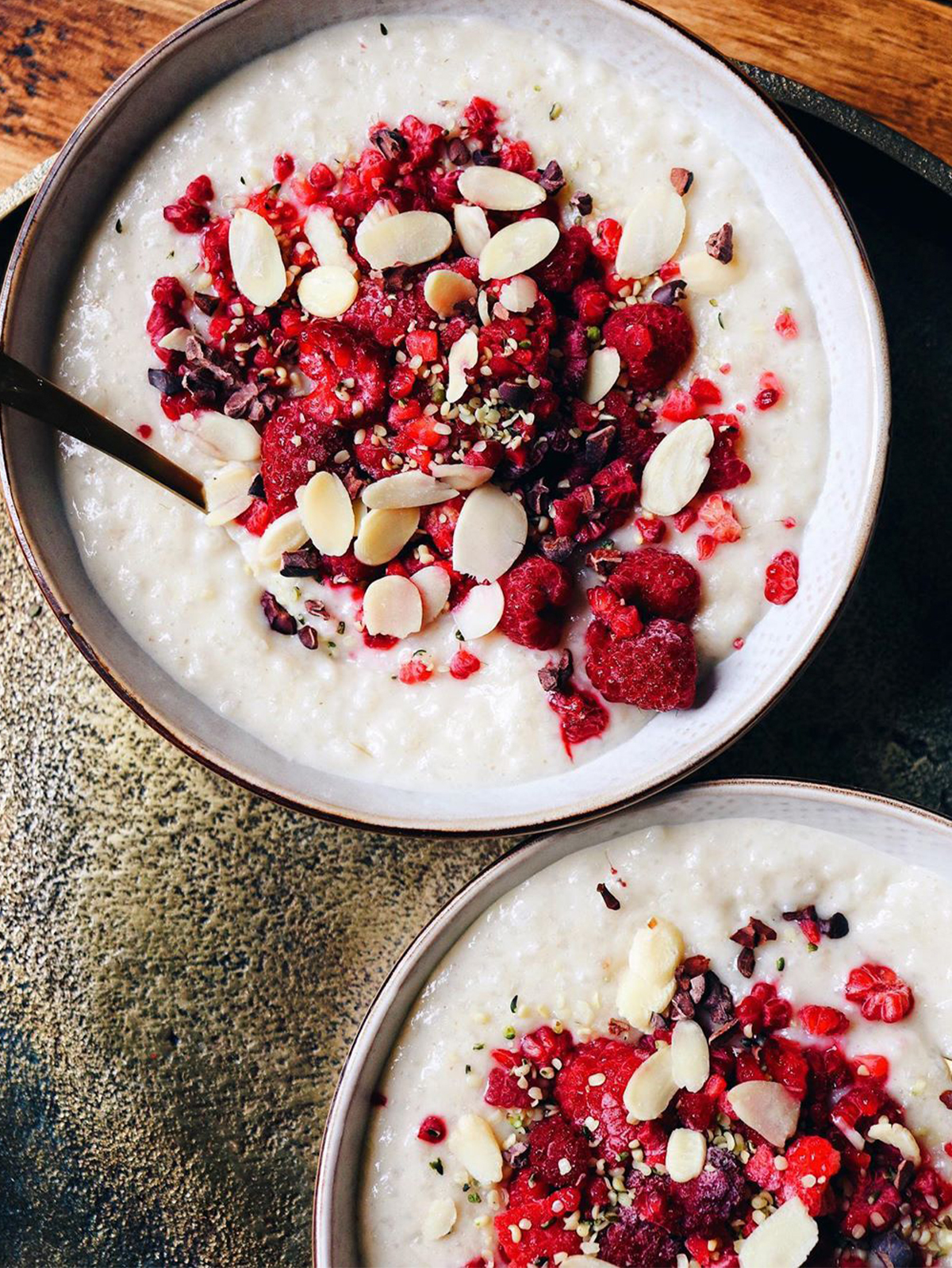
"In short, ingesting vitamin C does not have the same potential to irritate the skin or cause breakouts as topical vitamin C, because the modality of absorption and form of vitamin C is different," confirms Koszyk.
"Vitamin C is one of those nutrients that are as popular skincare actives as they are as dietary nutrients. What’s interesting is the different modalities of topical application versus ingestion work best with different forms of vitamin C. Vitamin C and many antioxidants in plants and superfoods are unstable when used as topical skincare, so we can’t expect a vitamin C rich citrus fruit to yield those same great nutritional wellness benefits just by rubbing it on our skin."
However, ingesting vitamin C is a different story, she says. "Our bodies are adapted to absorb vitamin C through our food, so ingesting a vitamin C rich fruit is the best way to reap the cleanest and most biologically available dosage of this prized nutrient. In summary, because our bodies have evolved to form ideal absorption of vitamins through food sources, ingesting vitamin C, specially sourced from raw superfoods, has not been shown to mimic topical vitamin C in causing potential irritation and breakouts."
Even though ingesting vitamin C won't yield the same benefits it's attributed to topically, it's a renowned immune-supporting nutrient, and according to Koszyk, it can lower inflammation and oxidative stress throughout the body. She says it has also been linked to lowering the risk of cardiovascular disease and is also beneficial for blood pressure.
"Vitamin C is stellar because its ingestion allows it to support all of the major systems from immune and digestion to integumentary, which consists of skin, hair, and nails," Koszyk tells us. "The best sources of vitamin C come from food versus supplements. Not only are our bodies adapted to process food-based nutrients most efficiently, but many studies also indicate food-based supplements yielded the highest bioavailability compared to synthetic forms of vitamin C." Great food sources of vitamin C include goji berries, lucuma, camu camu, and moringa, and Koszyk shares the recommended daily allowance for vitamin C is 75 milligrams for women and 90 milligrams for men.
How to Deal With a Biotin- or Vitamin C Induced Breakout
According to both Lee and Herrmann, the first (and perhaps most obvious) thing to do is immediately discontinue use of the product that's causing your skin irritation or breakout. Then, settle into a less-is-more approach and religiously stick to a simple skincare regimen consisting of a gentle cleanser; a gentle, oil-free moisturizer; and high-quality SPF.
"Keep it basic," says Lee. Give your skin time to heal because doing more (like attacking acne with harsh exfoliating tonics, scrubs, or retinoids) will likely just aggravate the situation.
Keep scrolling for a few of our favorite gentle skin formulas below!
Gentle Cleansers
Gentle, Oil-Free Moisturizers
SPF
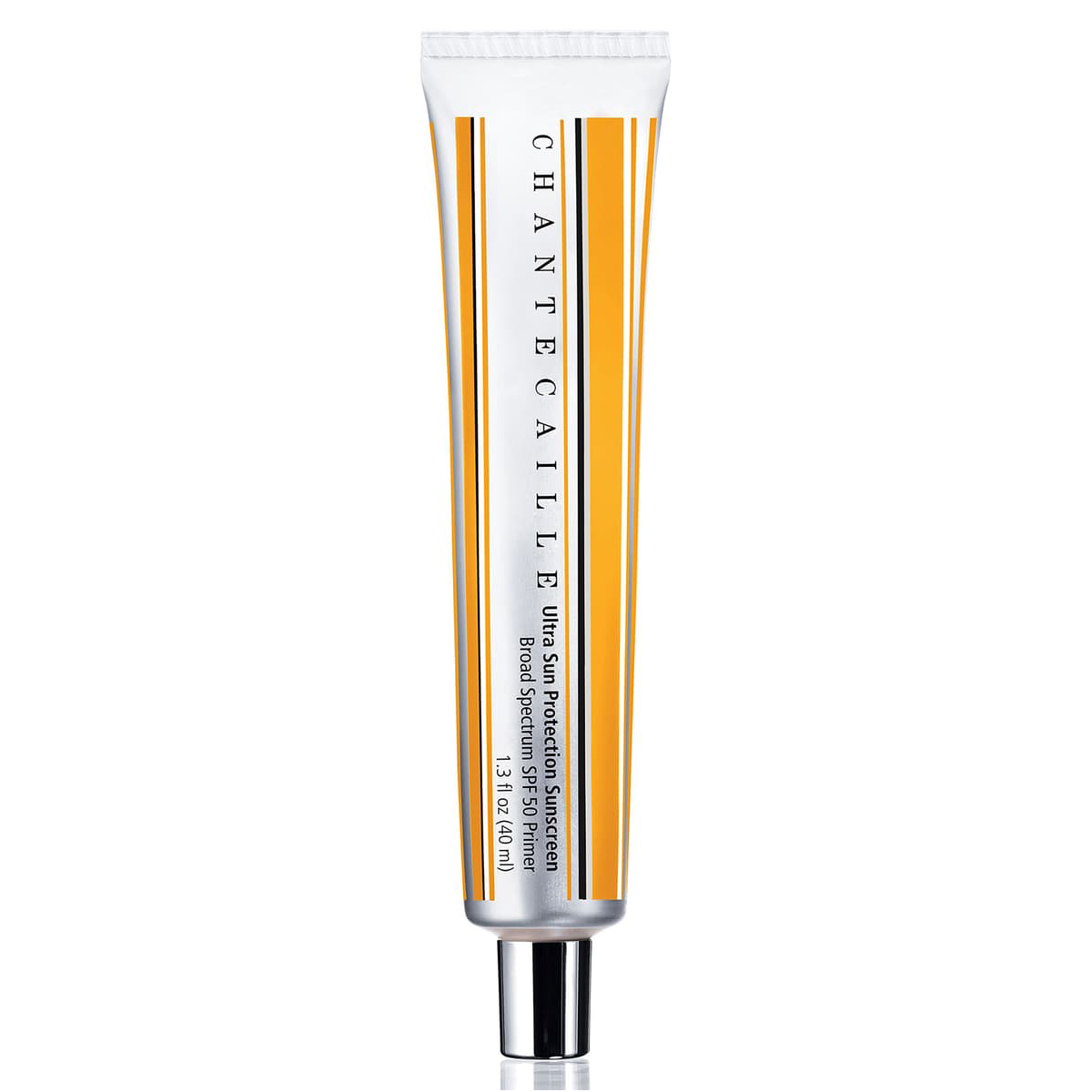
Nontoxic, oil-free, and super dreamy, this splurge-worthy sunscreen is touted as one of the best by the best skin and makeup artists in the industry.
Up next, I Tried the Holy-Grail Skin Routine Rosie HW Said Finally Cleared Her Acne

Erin has been writing a mix of beauty and wellness content forBest Knockoff Luxury Clothing for over five years. Prior to that, she spent two and half years writing for Byrdie. She now calls Santa Monica home but grew up in Minnetonka, Minnesota, and studied writing, rhetoric, and communication at University of Wisconsin, La Crosse. She studied abroad in Galway, Ireland, and spent a summer in L.A. interning with the Byrdie andBest Knockoff Luxury Clothing family. After graduating from UW, she spent one year in San Francisco, where she worked as a writer for Pottery Barn Kids and PBteen before moving down to L.A. to begin her career as a beauty editor.
